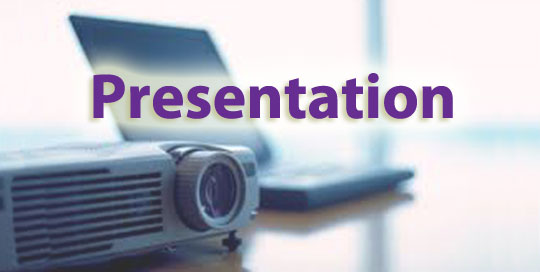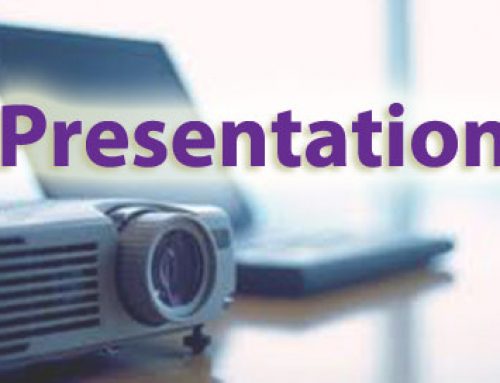Project Description
This is the presentation given at public workshops in Lahore and Islamabad in August 2015, to a mixed group of the general public, psychology students, and helping professionals including psychiatrists. The overall idea is to understand the different kinds of psychological help that clients need, and to take our professional responses to those needs out of the realm of meaningless abstract descriptions in terms of different disciplines, paradigms and approaches down into the life experience of the client at different life transitions. This is based on the recognition that different kinds of change occur in cyclic, spirallic fashion in our development throughout the lifespan (an integral conception of evolution, with alternating phases of new structures emerging, being pre-eminent for a while, then breaking down and being in turn transcended by other new structures). A crucial stepping stone towards the client's lived reality is the recognition that different relational stances (on the part of the 'helper') underpin the different disciplines, approaches and paradigms. A simple spectrum between treatment by a doctor on the one hand and a friendly equal on the other, with most helping relationships ambiguously in the middle of this spectrum, is one way to conceptualise the different relational stances. When we see how different relational stances engender different ways of perceiving, reflecting and responding (or 'perception', 'understanding' and 'intervention'), it becomes possible to work towards an integration of the different disciplines and approaches based on an underlying embrace of the whole spectrum of relational stances rather than polarising them into mutually exclusive paradigms (‘medical model’ as in classical psychoanalysis and behaviourism versus the ‘anti-medical model’ as in the humanistic revolution). As a next step, this presentation would then lead to "Embracing the paradigm clash between the medical model and counselling" - a presentation I gave in 2008, which takes the topic further.
To gain access to the full resource, please log-in if you are a member already (and then re-fresh this page after log-in), or to become a member of the site register here (it's free).


